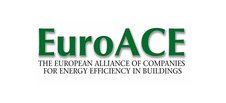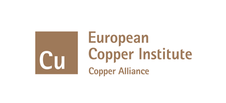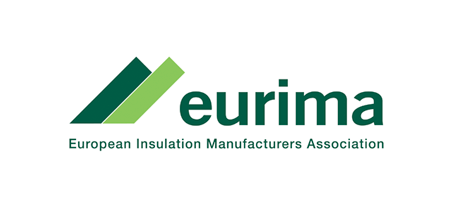Search eceee proceedings
Harmonization of product energy efficiency standards and free trade agreements: the role of international cooperation
Panel: 2. Policy: governance, design, implementation and evaluation challenges
This is a peer-reviewed paper.
Authors:
Jurei Yada
Benoit Lebot, IPEEC, France
Zoe Lagarde, IPEEC, France
Ailin Huang, IPEEC, France
Enrui Zhang, IPEEC, France
Abstract
Free trade agreements (FTAs) can bring major economic gains, but can equally affect energy efficiency policies. Since FTAs most often include consideration of issues like standards, definitions, test procedures, and legal regulations dealing with energy efficiency, their impact on energy efficiency policies can be great.
A main objective of FTAs is harmonization. By aligning policies, regulations and other trade barriers, harmonization can facilitate trade, conformity assessment and policy setting comparisons. Linked to energy efficiency it can also have major effects on energy and emissions reductions, which are necessary for the 2°C climate goal. The global CO2 savings potential from best practice policy harmonization for product energy efficiency standards, for example, is estimated at around 7% of all energy-related emissions from all sectors in 2030, and can thus confer energy saving, environmental and other social benefits.
The challenge is to ensure that convergence occurs around the highest level of efficiency and not the lowest, and that standards are not ‘frozen’ over the long-term. Yet as FTA negotiations take place outside common national and international forums that establish and implement energy efficiency polices, energy efficiency policymakers must find a way to work outside these channels to influence harmonization at the level of international best practice. International collaboration can play a big role in this by bridging the gap between the trade and energy efficiency policy spheres.
This paper explores the under-recognized link between product energy efficiency standards, harmonization and FTAs, arguing that energy efficiency policymakers should actively consider FTAs as potential tools to further harmonization. It considers how increased cooperation between energy efficiency and trade officials can positively influence this process, and how dedicated international collaboration platforms can contribute to this end.
Downloads
Download this paper as pdf: 2-300-17_Yada.pdf
Download this presentation as pdf: 2-300-17_Yada_presentation.pdf
Panels of
1. Foundations of future energy policy
2. Policy: governance, design, implementation and evaluation challenges
4. Mobility, transport, and smart and sustainable cities
5. Buildings and construction technologies and systems
6. Buildings policies, directives and programmes
7. Appliances, products, lighting and ICT
8. Monitoring and evaluation: building confidence and enhancing practices























